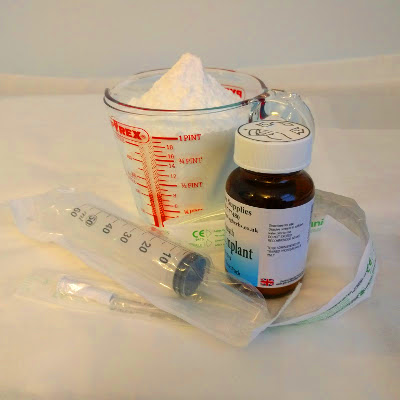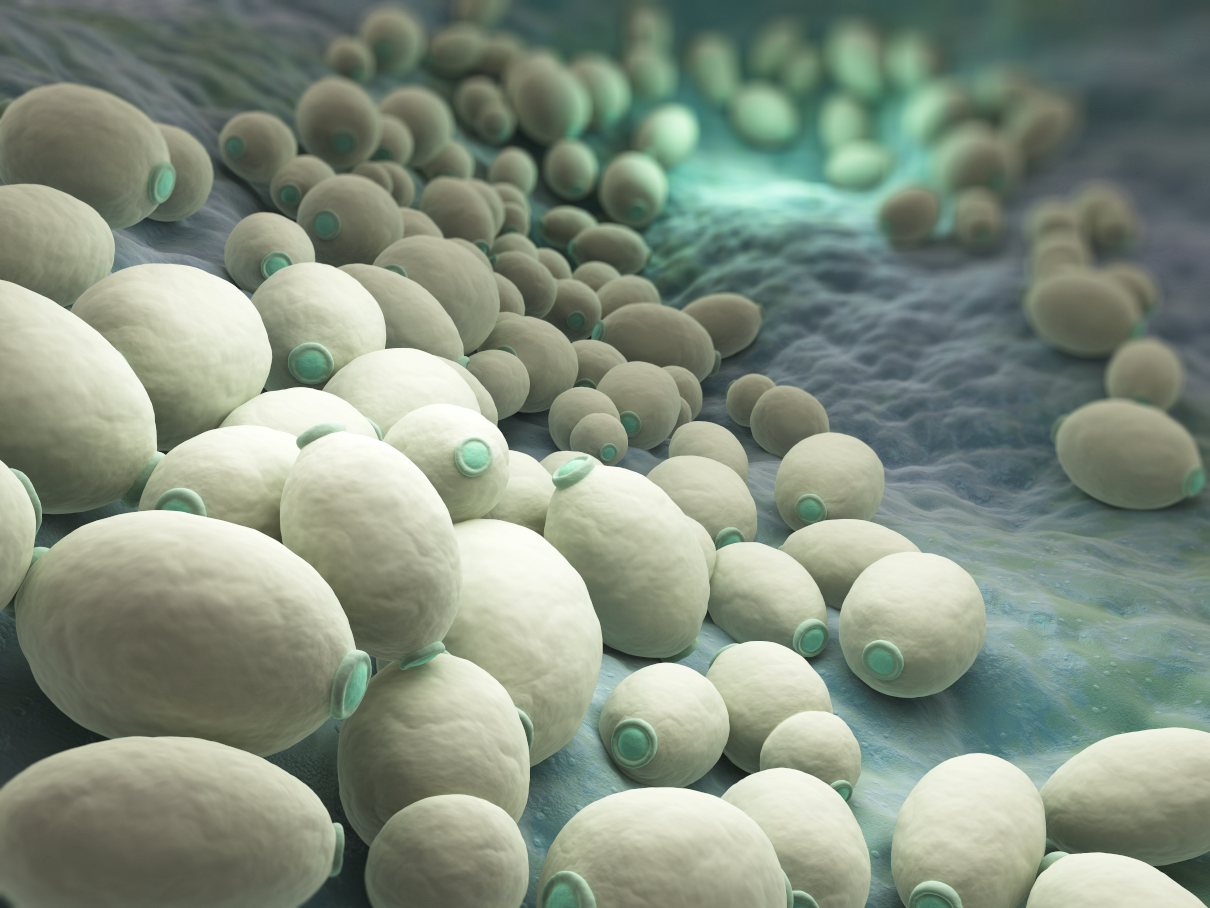A healthy intestine is associated with a strong immune system
Comments 0 22nd November 2018 Blog, General
The slightest draft, and you caught a cold again? Don’t worry; today, we will try to find the causes of our weakened immune system in the most unexpected places. We learn to restore the intestinal microflora and thus strengthen the immune system and our health. After all, a healthy intestine is critical to a robust immune system.
It is unusual to associate endless snot and cough with constipation, diarrhoea, or rumbling in the stomach. But doctors are categorical in that susceptibility to colds is often the body’s response to the condition of the intestines.
The fact is that the gastrointestinal microflora is vital for the human immune system. The worse living in the intestine, the necessary bacteria and microorganisms feel; the smaller their population, the higher the problems in the toilet and the weaker the immune system. A healthy gut is equally a robust immune system in the first place, and only then is proper digestion.

Probiotic implant and alkalising colonic with bicarbonate of soda
Alkalising colonic irrigation with bicarbonate of soda and high strength probiotic implants and comprehensive consultation is available at Parkland Natural Health Clinic.
Reasons
Previously, the intestinal microflora regulated its balance, supporting the body’s immune forces. However, industrial progress has come, and the immune system has fallen, mainly because progress has harmed the intestinal microflora.
Here are just a few reasons why the life of digestive bacteria becomes uncomfortable:
- Antibiotics. Potent drugs fight infections and simultaneously destroy the beneficial inhabitants of the intestine. By the way, we can ingest antibiotics with all sorts of medicines. Animal husbandry often uses those. Therefore, antibiotics can even be in meat and fish, with a high probability;
- Raw water from the tap. More precisely, its constituent chlorine and fluorine burn out the microflora. To get a dose of “destroyers”, you do not need to drink water; it is enough to pour into the humidifier. However, water is merely necessary for our bodies.
- Exhaust fumes and poor environmental conditions in general;
- Chronic stress.

One colonic irrigation session including consultation
Colon irrigation and comprehensive consultation with a professional colon hydrotherapist registered with RICTAT and ARCH at the Parkland Clinic in Holborn. We use a closed system only—London’s best colonic hydrotherapy deal.
What is the relationship between a healthy intestine and a robust immune system?
Symptoms of problems in the intestines can be constipation, flatulence or endless cold. Violations of the total activity of microflora manifest themselves as food allergies, eczema, pimples and acne, of which you cannot get rid. Herpes, candidiasis (thrush), and joint diseases also count.
Nutritionists advise
It is essential not only to colonise the valuable components in the intestine but also to feed them. For the bacteria to feel right at home, nutritionists advise including the following in the diet:
- Tomatoes, carrots, apples, bananas, asparagus, garlic, strawberries, raspberries, and black currants (seasonal berries are available frozen). These products, in large quantities, contain prebiotics, the nutrient medium that the body doesn’t absorb but serves as a “dinner” for microflora;
- Various vegetables, whole-grain bread, porridge and other foods contain a lot of fibre. It helps beneficial bacteria to settle down faster and easier in the intestine and also stimulates the bowel to cleanse itself of the remnants caused by poor diet in the past;
- Radishes, black radishes, onions, garlic, horseradish and other products suppress putrefactive processes in the body. They reduce the burden on the beneficial microflora, allowing it to focus on its primary functions, including strengthening the immune system.

Deluxe manicure (remove cuticle, file and paint)
Full manicure includes file, cuticle tidy, hand massage and nail varnish. You will receive restorative and beautifying skin and nail care from classic manicures and pedicures to the latest OPI gels and Shellac colour applications.
We discovered that the relationship between a healthy gut and a robust immune system is apparent. And colonic irrigation will be helpful in the destruction of toxins and harmful components.











